124 Wire Road
City Directories and History: The Carroll Place, a plain Georgian I-House dwelling, is one of the oldest plantation houses in what is now Dorchester County. Its builder, Joseph Koger, was prominent in the political affairs of the area. The house appears on the Robert Mills survey of 1820. The clapboard single house is of black cypress construction and rests upon massive, low brick pillars laid in English bond. The hip roof is pierced on the rear slope by two single chimneys. On one of these, the date 1829 appears, possibly indicating a completion or remodeling
date for the structure. The veranda has a hipped roof, is supported by six wooden posts, and shelters five bays, the center one being an eight-paneled door surmounted by a three-paned flush transom. This home belonged to several prominent state government officials: Joseph Koger, who represented the Parish of St. George, Dorchester, in the South Carolina House of Representatives from 1806 to 1812 and the South Carolina Senate from 1818 until 1838; John S. Murray, who served in the South Carolina Senate from 1840 to 1844; and James Carroll, who represented Edgefield District in both the State House of Representatives and Senate before becoming chancellor of the Court of Equity in 1859. Approximately 150 feet from the house is a grave marker dating from 1837 that marks the graves of three Koger children. Listed in the National Register July 25, 1974.
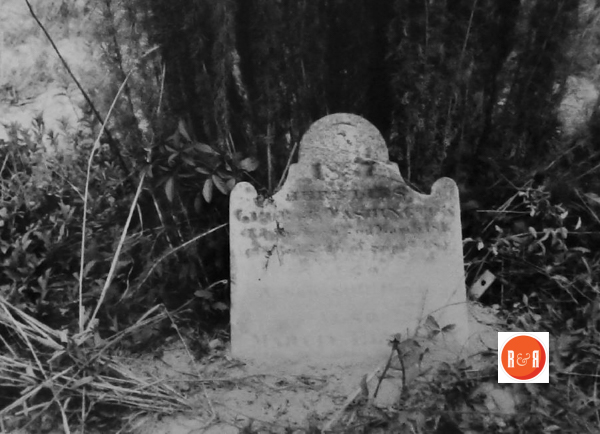
Koger Cemetery Grave – See PDF of cemetery data.
Additional information: Joseph Koger represented the Parish of St. George, Dorchester, in the South Carolina House of Representatives from 1806 until 1812 and in the South Carolina Senate from 1818 until 1838. He was Commissioner for repairing the courthouse and jail of Colleton County in 1813 and served as sheriff of the county from 1813 until 1817. The structure next came into the possession of John S. Murray who served in the South Carolina Senate from 1840 until 1844. After 1865 the house belonged to James Carroll of Columbia. Carroll had been a State Representative and Senator from Edgefield District before becoming Chancellor of the Court of Equity in 1859. He served in this court until it was abolished in 1868.
***Joseph Koger moved to Mississippi in 1838; according to tradition, he offered his slaves the option of going west or receiving their freedom. Those choosing freedom were settled on Koger’s lands in an area near St. George known locally as Texas.
View the complete text of the nomination form for this National Register property.(Courtesy of South Carolina Department of Archives and History)
- Group of interior images showing the architectural and construction details of the dwelling. AFLLC -2017
Stay Connected
Explore history, houses, and stories across S.C. Your membership provides you with updates on regional topics, information on historic research, preservation, and monthly feature articles. But remember R&R wants to hear from you and assist in preserving your own family genealogy and memorabilia.
Visit the Southern Queries – Forum to receive assistance in answering questions, discuss genealogy, and enjoy exploring preservation topics with other members. Also listed are several history and genealogical researchers for hire.
User comments welcome — post at the bottom of this page.
Please enjoy this structure and all those listed in Roots and Recall. But remember each is private property. So view them from a distance or from a public area such as the sidewalk or public road.
Do you have information to share and preserve? Family, school, church, or other older photos and stories are welcome. Send them digitally through the “Share Your Story” link, so they too might be posted on Roots and Recall.
Thanks!
User comments always welcome - please post at the bottom of this page.
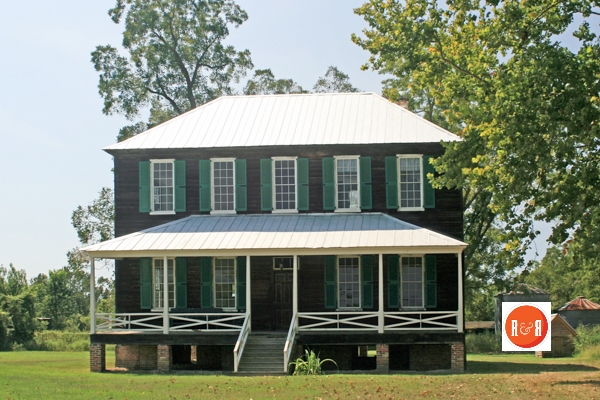
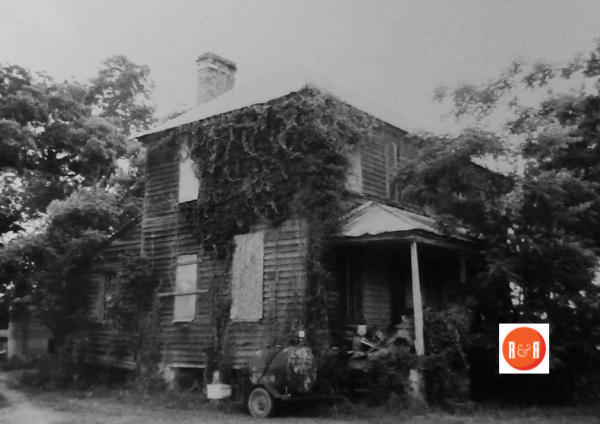
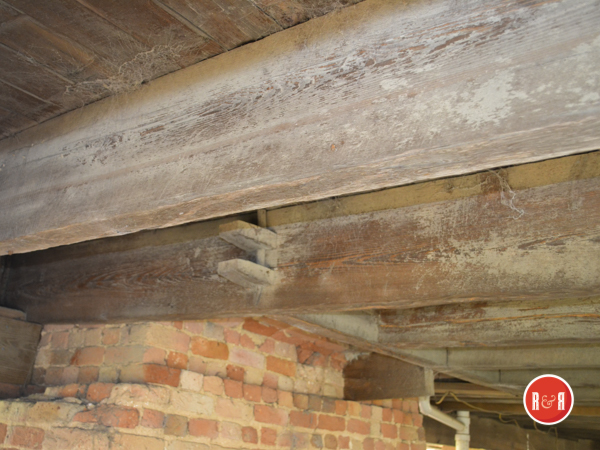
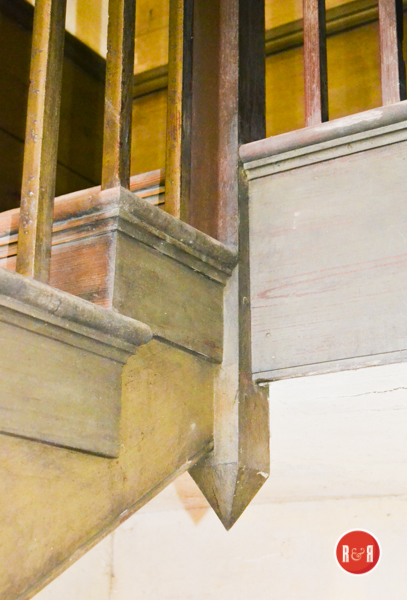
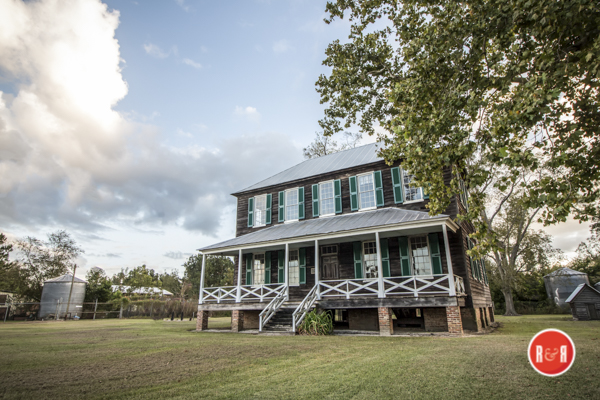
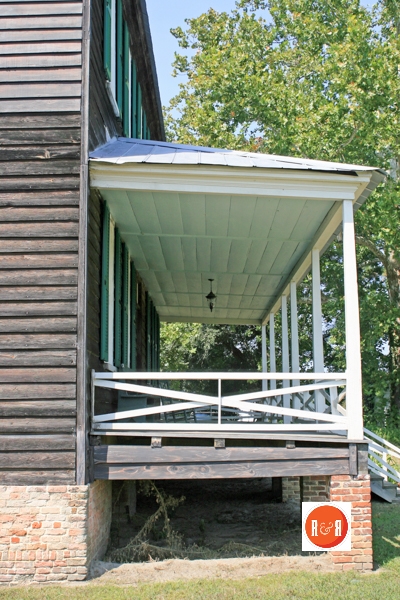
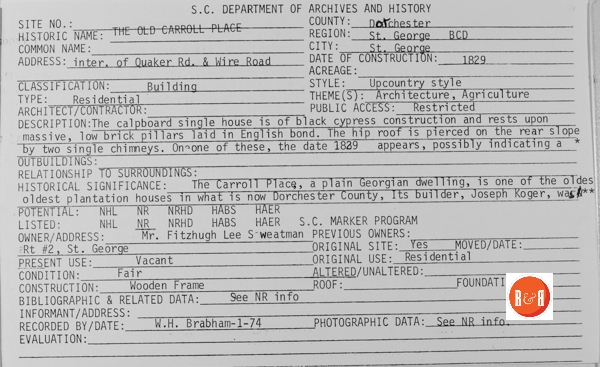
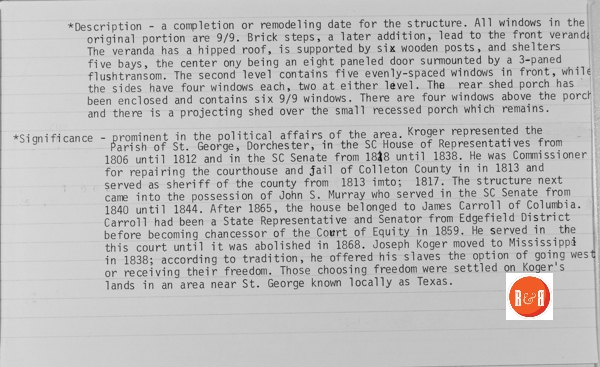
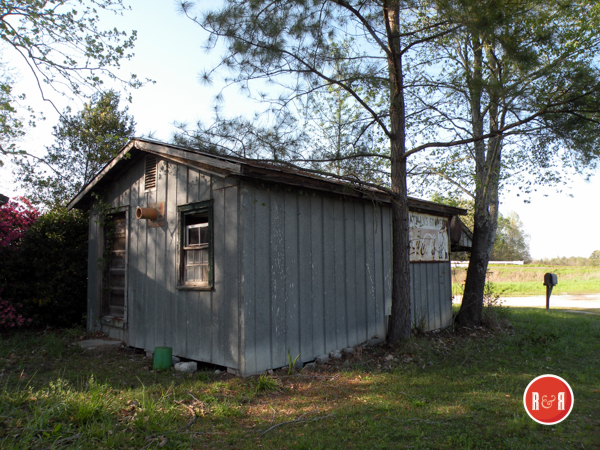
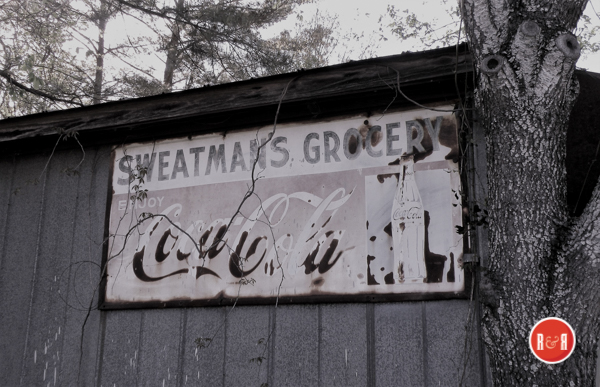


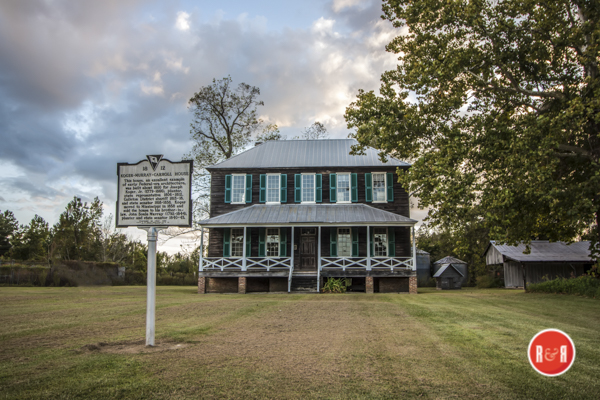
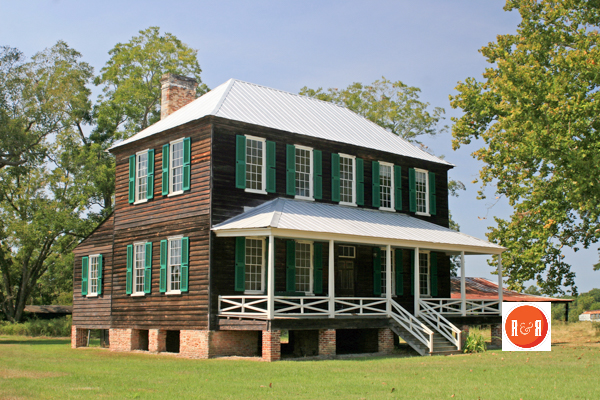

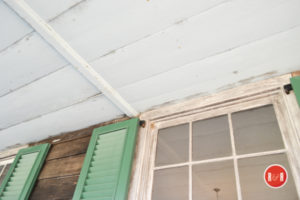
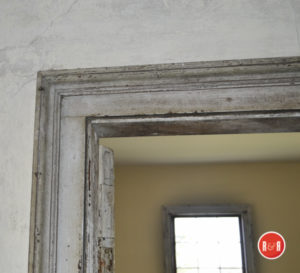
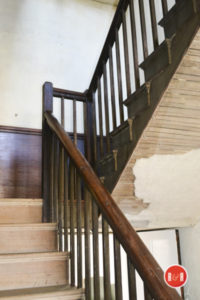
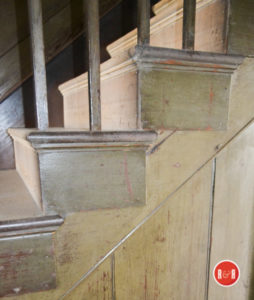
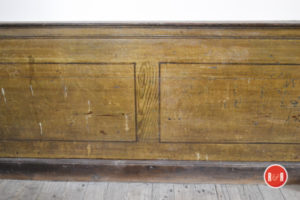



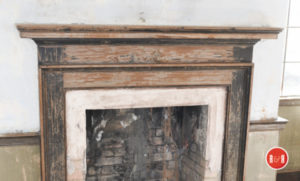
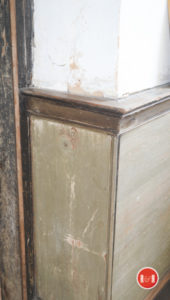
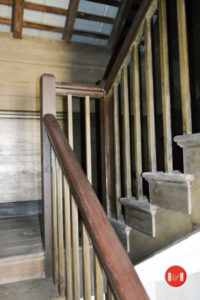
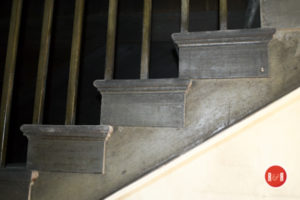


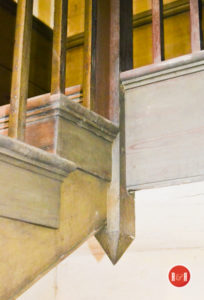
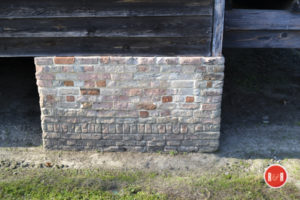
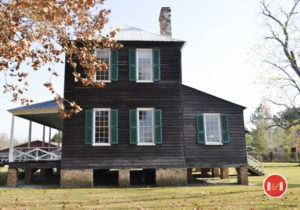

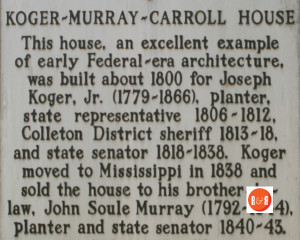
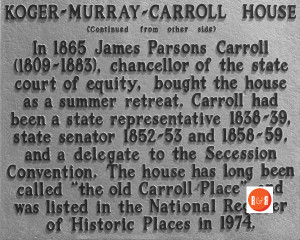



Share Your Comments & Feedback: